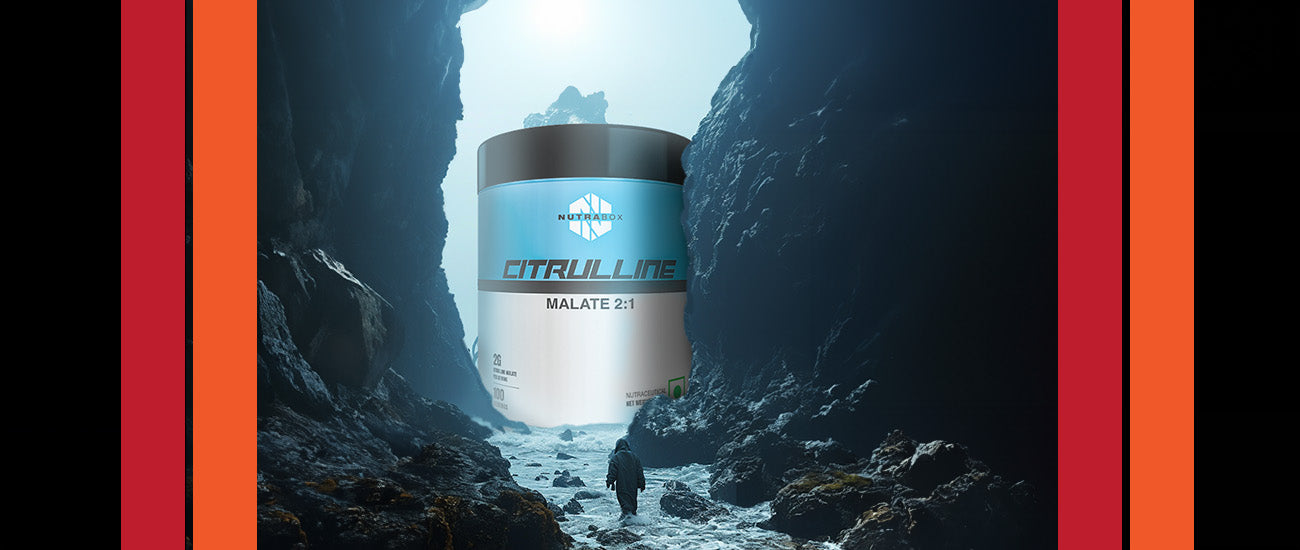Many athletes and fitness enthusiasts constantly seek ways to enhance their performance and accelerate results. In this quest, creatine supplementation often pops up, but shrouded in some confusion. The biggest misconception? Is creatine a steroid?
This article dives deep into the world of creatine, debunking myths and exploring its potential benefits. We'll answer the burning question: is creatine a steroid, and explore its role in your fitness journey.
Creatine: Your Body's Natural Energy Booster
Creatine isn't some synthetic lab creation. It's a naturally occurring compound found in small amounts in various foods like meat and fish. Our bodies even produce creatine internally!
But what exactly does creatine do? Here's a breakdown:
- Fueling High-Intensity Activities: Creatine plays a vital role in the production of adenosine triphosphate (ATP), the primary source of energy for muscle contractions, especially during explosive movements like sprinting or weightlifting. Think of it as your body's "energy savings account" for quick bursts of power.
- Cellular Hydration and Muscle Growth: Creatine promotes cellular hydration, which can contribute to increased muscle volume and stimulate muscle growth.
- Faster Recovery: Studies suggest creatine may reduce muscle cell damage and inflammation, leading to faster recovery after intense workouts.
- Brain Health Potential: While most creatine resides in muscles, a small portion is stored in the brain. Emerging research suggests creatine monohydrate supplementation might influence specific brain networks. However, more studies are needed, and one can refer to the study Creatine Supplementation and Brain Health for more insights.
Creatine vs. Steroids: Understanding the Difference
Creatine is often mistakenly categorized as a steroid. However, this is a big misconception. Here's why:
- Origin: Creatine is a natural compound found in food and produced by the body. Steroids, on the other hand, are synthetic hormones that mimic testosterone's effects.
- Impact on Body Chemistry: Steroids can disrupt the body's natural hormonal balance, leading to potential health risks. Creatine, on the other hand, doesn't interfere with hormone production.
- Legality and Safety: Creatine is a safe and legal supplement widely used by athletes and fitness enthusiasts. Steroids are a controlled substance with potential health risks and are often illegal without a prescription.
So, is creatine considered a steroid? No. Creatine is natural, safe, and legal, unlike steroids, which are synthetic, hormone-altering substances with health risks.
The Benefits of Creatine Supplementation
Beyond bodybuilding, creatine offers a range of potential benefits:
- Increased Strength and Power: Studies consistently show creatine can enhance strength and power output, especially during short-duration, high-intensity activities.
- Improved Muscle Mass: Creatine's role in cellular hydration and muscle growth can contribute to gaining lean muscle mass.
- Faster Recovery Times: Reduced muscle damage and inflammation might lead to faster recovery after workouts, allowing you to train more frequently.
- Enhanced Cognitive Function: Early research suggests creatine might influence brain function, although more studies are needed to solidify this claim.
Creatine Supplementation Guide: Getting the Most Out of It
To maximize the effectiveness of creatine, consider these factors:
- Timing: Creatine can be taken any time of day, but many people prefer incorporating it into their pre-workout or post-workout routine.
- Dosage: A daily maintenance dose of 3-5 grams is sufficient for most individuals. Always consult a healthcare professional before starting any new supplement.
- Mixing: Creatine can be mixed with water, juice, or a protein shake. Remember to stay hydrated when taking creatine.
- Synergy with Carbohydrates: Taking creatine with carbohydrates, especially those with a high glycemic index, can boost its absorption by increasing insulin levels.
Choosing High-Quality Creatine: What to Look For
With a plethora of creatine supplements available, here's how to ensure you're getting the best:
- Creapure Certification: Look for creatine monohydrate with Creapure certification. Creapure is renowned for its stringent quality control measures, guaranteeing a product with 99.99% purity.
- Third-Party Testing: Opt for brands that undergo third-party testing. This verifies the product's purity and potency, ensuring you get what's on the label.
- Additive-Free: Choose creatine supplements free from unnecessary additives, fillers, or artificial ingredients. A pure creatine monohydrate product is the most effective and safest option.
Creatine: A Safe and Effective Supplement for Peak Performance
Creatine is a natural, safe, and legal supplement with a proven track record of enhancing performance and supporting muscle growth. It's not a steroid, and when used correctly, it can be a valuable addition to your fitness regimen.


























